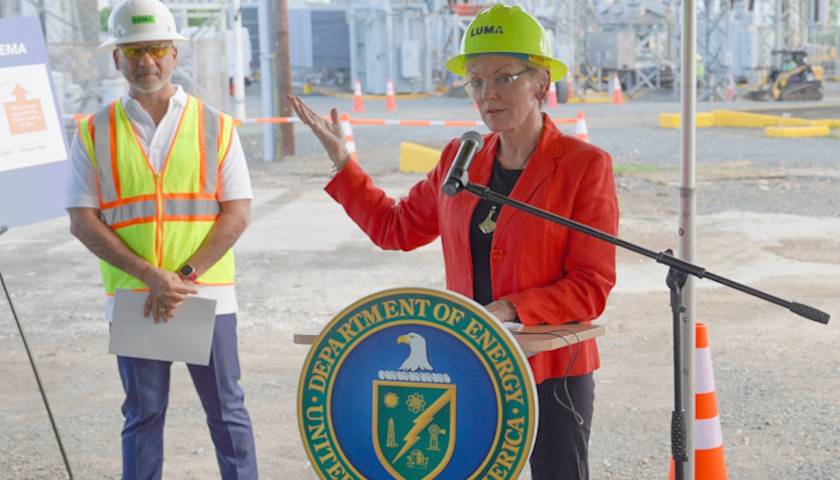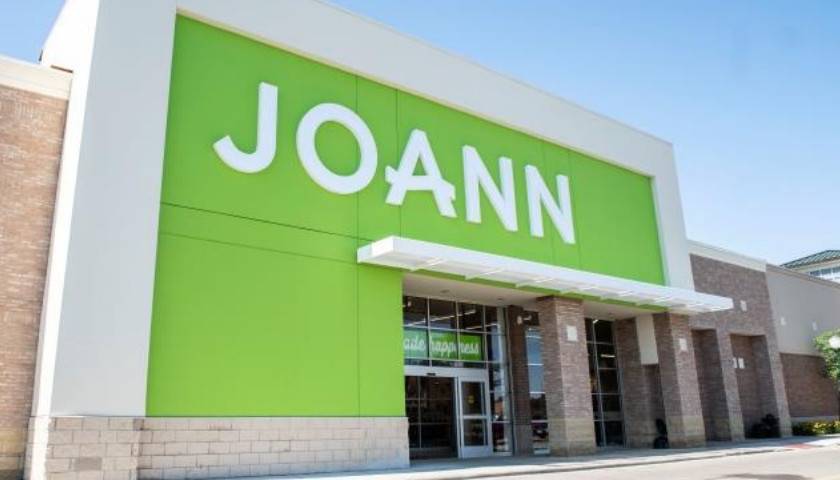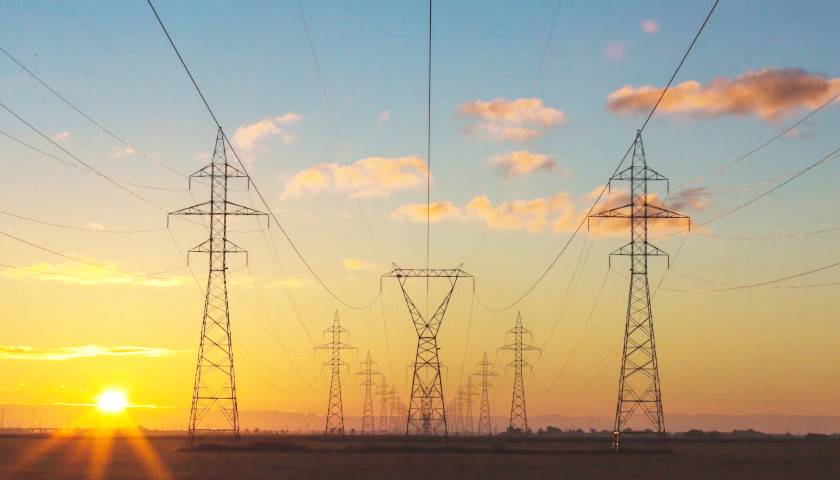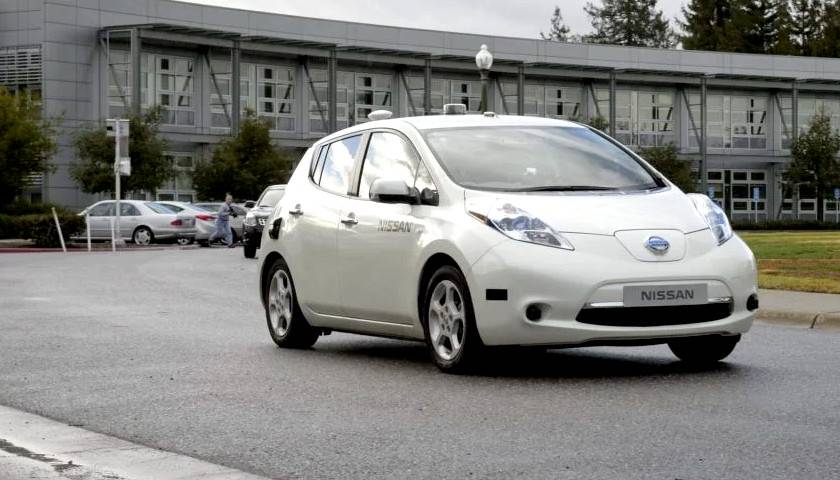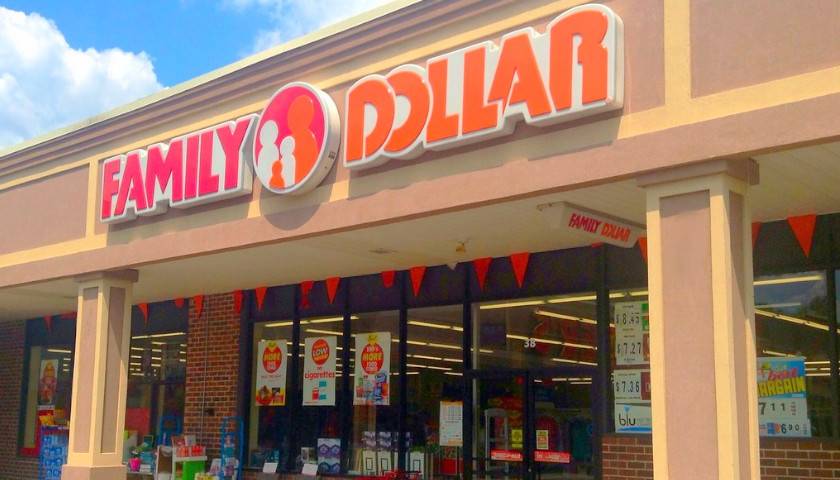The Congressional Budget Office on Wednesday released a bleak outlook for the federal government with new projections that show debt levels will reach their highest levels ever in five years.
“Debt held by the public, boosted by the large deficits, reaches its highest level ever in 2029 (measured as a percentage of GDP) and then continues to grow, reaching 166 percent of GDP in 2054 and remaining on track to increase thereafter,” according to the CBO report. “That mounting debt would slow economic growth, push up interest payments to foreign holders of U.S. debt, and pose significant risks to the fiscal and economic outlook; it could also cause lawmakers to feel more constrained in their policy choices.”
Read More
